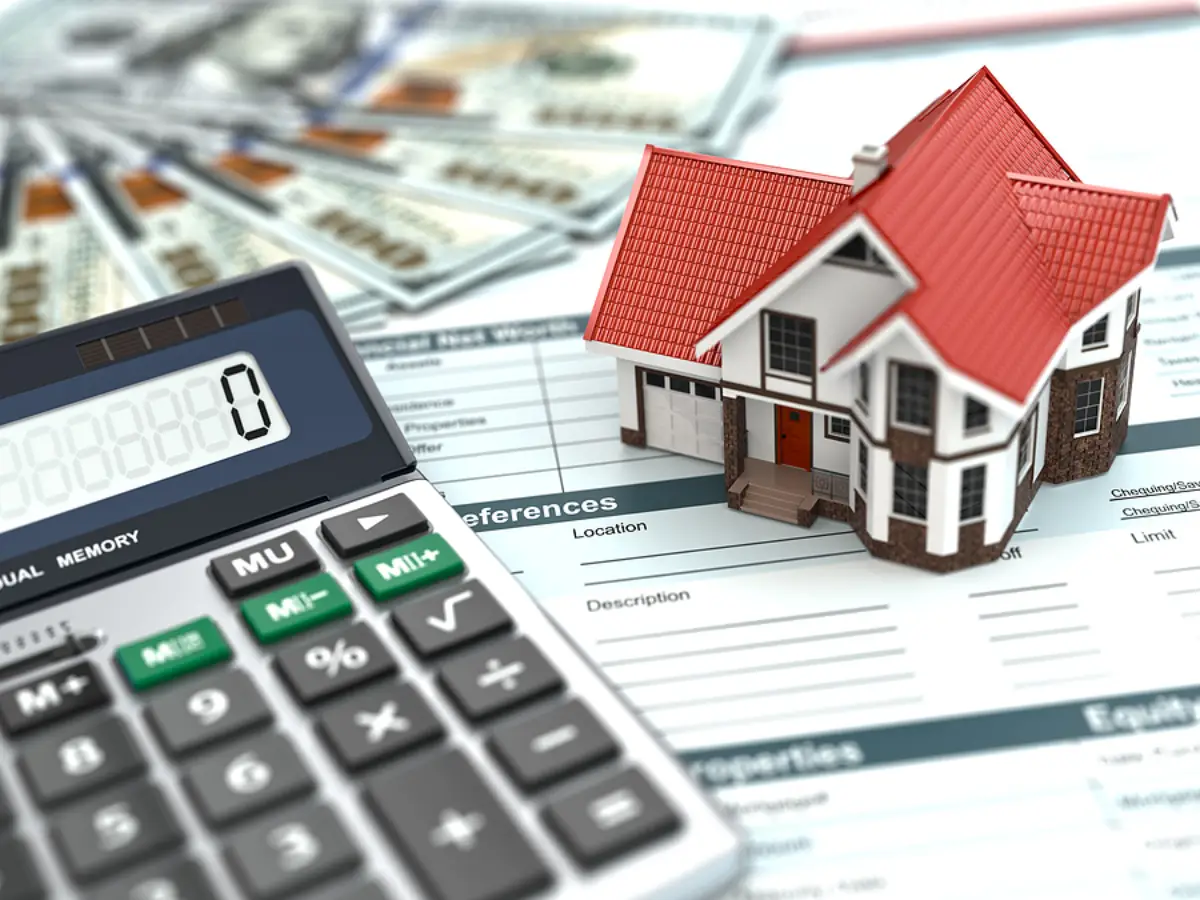Chicago’s rental market never sits still. From the high-energy Loop to the quieter edges of Cook County, demand shifts with the seasons, job trends, and neighborhood development. Successful landlords know that rent pricing is about strategy. When your price aligns with market demand, you can reduce vacancies, attract better tenants, and grow long-term returns.
To learn how modern leasing methods shape strong returns, read about rental success in Chicago’s competitive market.
Key Takeaways
- Chicago’s rental activity peaks from April through August as tenants relocate for work and school.
- Data-based pricing strategies help maintain steady occupancy and profitability.
- Overpricing leads to longer vacancies; underpricing reduces overall ROI.
- Local job growth, transit access, and property condition shape rent values.
- PMI Cook County helps landlords create consistent and predictable rental income.
Understanding Chicago’s Seasonal Market Cycles
Every Chicago landlord notices the rhythm of tenant demand. As spring arrives, the city’s rental market picks up momentum. Families and professionals look for new homes before summer, and students prepare to move for the fall semester. This surge continues through late August, giving property owners the best chance to fill vacancies quickly.
In contrast, the colder months bring slower traffic. Renters tend to stay put until the weather improves, which means properties listed in winter often require slight pricing adjustments or move-in incentives. Experienced landlords align lease terms so renewals fall during Chicago’s most active months, minimizing gaps and keeping income stable throughout the year.
What Determines the Right Rent in Cook County
Chicago’s neighborhoods have unique personalities, and so do their price points. A renovated unit near Lincoln Park will rent differently from a vintage apartment in Edgewater or a duplex in Cicero. Location, amenities, and local economics all influence what renters are willing to pay.
Factors that Shape Rent Prices
- Proximity to CTA and Metra lines, major employers, and schools
- Neighborhood walkability, safety, and development plans
- Building condition, amenities, and recent upgrades
- Access to entertainment districts and public parks
- Economic activity within Cook County and the surrounding suburbs
Staying informed about these elements helps you position your property competitively in Chicago’s fast-moving market.
Pricing Mistakes That Cut Into Profit
Even seasoned landlords can miscalculate rent. Some rely on personal opinion or static numbers instead of real-time market insight. The most common errors include:
- Pricing based solely on mortgage payments rather than comparable data
- Ignoring what similar Chicago rentals are currently commanding
- Overlooking neighborhood trends or new construction nearby
- Failing to refresh listing photos and descriptions
- Holding rent prices steady for too long
Avoiding these mistakes requires regular rent reviews and a willingness to adjust. Consistent evaluation helps prevent stagnation and ensures your property remains attractive to renters searching for value.
Timing and Tenant Demand
Timing plays a major role in rental success. In Chicago, tenant activity is strongest in late spring and summer when new professionals, graduates, and families relocate. Listing your property during this window gives you a larger pool of applicants and stronger negotiation power.
If you’re dealing with a winter vacancy, flexibility is key. Shorter lease terms or slightly reduced rates can help bridge the gap until peak season returns. Aligning renewals with summer months gives you predictable income and smoother turnover cycles.
Using Data to Strengthen Pricing Decisions
Relying on instinct alone rarely leads to success. PMI Cook County uses local data, performance analytics, and industry trends to determine accurate rent ranges that reflect real market demand.
Our process considers neighborhood comparisons, tenant engagement, and property condition to set a rent price that attracts interest quickly while maximizing revenue. For insight into how financial strategy supports long-term returns, explore understanding owner disbursements for Chicago landlords.
Core Components of Smart Pricing
- Comparative Analysis: Evaluate similar units nearby to set a realistic base price.
- Market Timing: Adjust rent based on seasonal demand cycles.
- Property Value: Factor in upgrades, amenities, and features that add appeal.
Chicago’s Economy and Its Impact on Rentals
Cook County’s rental market benefits from a diverse economy spanning finance, healthcare, logistics, and education. Job growth keeps demand steady across most neighborhoods, though rent values can fluctuate as interest rates, development projects, and city ordinances shift.
When homeownership costs rise, more residents turn to renting, increasing demand. Conversely, new high-rise developments or suburban expansions can add competition. Monitoring these conditions helps landlords anticipate changes before they affect income.
Meeting the Modern Chicago Renter’s Expectations
Tenants today care as much about the quality of life as they do about price. They look for spaces that feel modern, functional, and well-managed. Meeting those expectations can help you command higher rent and attract longer-term tenants.
Chicago Renters Commonly Look For
- Updated kitchens, bathrooms, and flooring
- Energy-efficient systems and reliable utilities
- Proximity to public transit and local conveniences
- Fast, transparent communication with management
- Online rent payment and maintenance systems
Delivering these features builds trust and positions your property as a top choice in a competitive market.
The Role of Technology in Rental Management
Technology has revolutionized how landlords price, market, and manage properties. Modern analytics tools track listing performance, showing how many renters view your property and how it compares to others nearby.
PMI Cook County uses this data to fine-tune marketing strategies, identify pricing opportunities, and predict when adjustments may be necessary. This proactive approach keeps your property visible and competitive across Chicago’s shifting rental landscape.
Why Regular Market Reviews Matter
Chicago’s rental market evolves quickly. Economic changes, local policies, and redevelopment projects can all shift tenant behavior. Regular market reviews ensure your rent stays aligned with demand and help you catch trends early.
Quarterly property evaluations also highlight improvement opportunities that justify rent increases, like upgrading fixtures, repainting interiors, or enhancing curb appeal. Staying proactive supports profitability and keeps your tenants satisfied with a well-maintained home.
Helping New and Accidental Landlords Thrive
Not every landlord starts intentionally. Many Chicago property owners become landlords after relocating or inheriting a home. Without the right guidance, navigating pricing, marketing, and compliance can feel overwhelming. PMI Cook County assists new and accidental landlords by simplifying every step, from rent evaluation to full-service management, so their investments perform smoothly from the start.
To explore strategies for independent landlords, check out how to be a successful for-rent-by-owner landlord in Chicago.
The Advantage of Partnering with PMI Cook County
Experience, data, and consistency separate great landlords from average ones. PMI Cook County delivers comprehensive property management services designed to reduce stress and increase profitability. Our local experts handle everything from pricing strategy and marketing to maintenance and financial reporting, ensuring your rental stays competitive across Cook County.
Building Lasting Profit Through Smart Planning
Rental success in Chicago starts with preparation and precision. Partner with PMI Cook County to build a pricing and management strategy that fits your goals. Use our ROI calculator to measure your property’s earning potential and take the first step toward predictable, sustainable income.
FAQs
How often should I adjust rental prices in Chicago?
Review your rent every three to six months or at each lease renewal to stay aligned with current market conditions and neighborhood trends.
When is the best time to list a rental in Chicago?
The busiest period is from April to August when tenant activity peaks and properties lease faster at higher rates.
What upgrades increase rental value the most?
Modernized kitchens, updated bathrooms, and energy-efficient systems tend to deliver the best return on investment for landlords.
How does PMI Cook County determine rent prices?
We use local data, comparable listings, and property features to calculate a rent range that attracts tenants while optimizing income.
Can PMI Cook County help new landlords get started?
Yes. We guide first-time landlords through every stage, from setting rent to managing tenants, ensuring a smooth and profitable experience.


